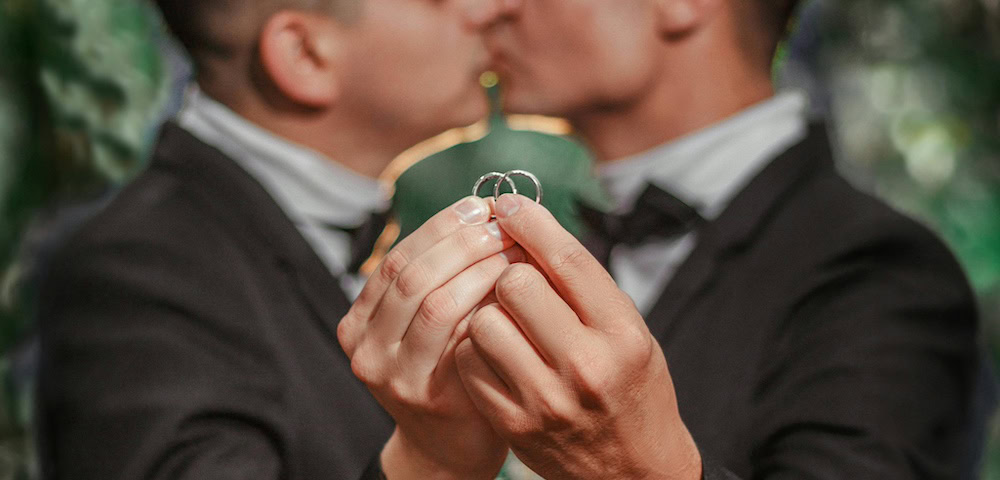
A reader sent me a question on a difficult and somewhat controversial topic — HIV superinfection and the risks of bareback sex if both partners are HIV positive.
To quote the reader’s question:
“I have been HIV positive for over 12 years now. My stats are great and have been for the last 10 years. I eat and live healthy, exercise and try to reduce stress (last part is the hardest!) I have been single for just over five years and would like to start dating again.
“Now my problem! I don’t like condoms; although I use them. Have you ever given someone a BJ with a condom on (or received one while wearing it) … it sucks! The same goes for the sex. It’s fine, but just not the same!
“That’s apart from being a barrier, a constant reminder of what I carry inside me. I know a lot of guys who feel the same way and we would all just rather dump the plastic. But we can’t because of all the nasty little things out there! My question is this: if I meet another poz guy (I’ve decided to date within my own species) who is in good health — may we go bareback?”
This is a difficult topic to answer simply.
Currently the treatment guidelines from both the Australian Federation of Aids Organisations (AFAO) and the Australasian Society of HIV Medicine (ASHM) are that people living with HIV take measures to avoid superinfection. The guidelines from the AFAO are below:
“When both of you are HIV positive
“If your partner also has HIV, then you may prefer to have unprotected sex. However, this could expose you to additional risks:
• Sexually transmitted infections (STIs) can put additional strain on your immune system.
• There is a risk of re-infection with a different strain of HIV. This is also called ‘superinfection’. There is even a possibility of getting a strain of HIV that is resistant to the drugs you are taking — if you are currently on antiretroviral therapy. Although re-infection does not seem to happen on a widespread scale, it has happened to some individuals.
• Hepatitis C. It is more common in men who are HIV positive and it can have a large impact on your health if you have both HIV and hepatitis C.
• There is now an increasing number of cases of hepatitis C occurring among gay men and other men who have sex with men (MSM), particularly among those men living with HIV.
“Although some of these cases relate to sharing of injecting equipment, it would appear that the majority of cases are related to sexual transmission. It can have a large impact on your health if you have both HIV and hepatitis C.
“It would be a good idea to talk through these issues with your doctor or counsellor, before you and your partner make a final decision about safe sex.”
What is known is that it’s possible to be infected with two different strains of HIV. If infected with two different strains, it’s possible for the viruses to mix their genetic code in a process called recombination. Recombination can lead to new resistant strains that are difficult to treat with current HIV medicines.
This may result in treatment failure if the new virus is resistant to the current treatments a person may be on.
What is not known is how superinfection may affect the progress of disease, however, there is some data that points to viral loads that run higher after the second infection.
For people who have undetectable viral load who are on successful treatments there is evidence that the rate of HIV transmission is reduced, however, it is not fully eliminated.
Can it be extended that having undetectable viral load greatly reduces the risk of superinfection to a partner who is HIV positive? Currently we don’t have an answer.
The best advice I can offer is that you need to be frank with your HIV specialist about your thoughts and wishes. Together, you and your partner, with the guidance of your treating team, can help make a decision weighing up the pros, cons and potential risks.
I’d love to hear your thoughts. Please feel free to drop your comments below or if you would prefer to do it more privately, email me: drgeorge@thehealthybear.com.au
By Dr GEORGE FORGAN-SMITH
General Practitioner
An excerpt from thehealthybear.com.au









